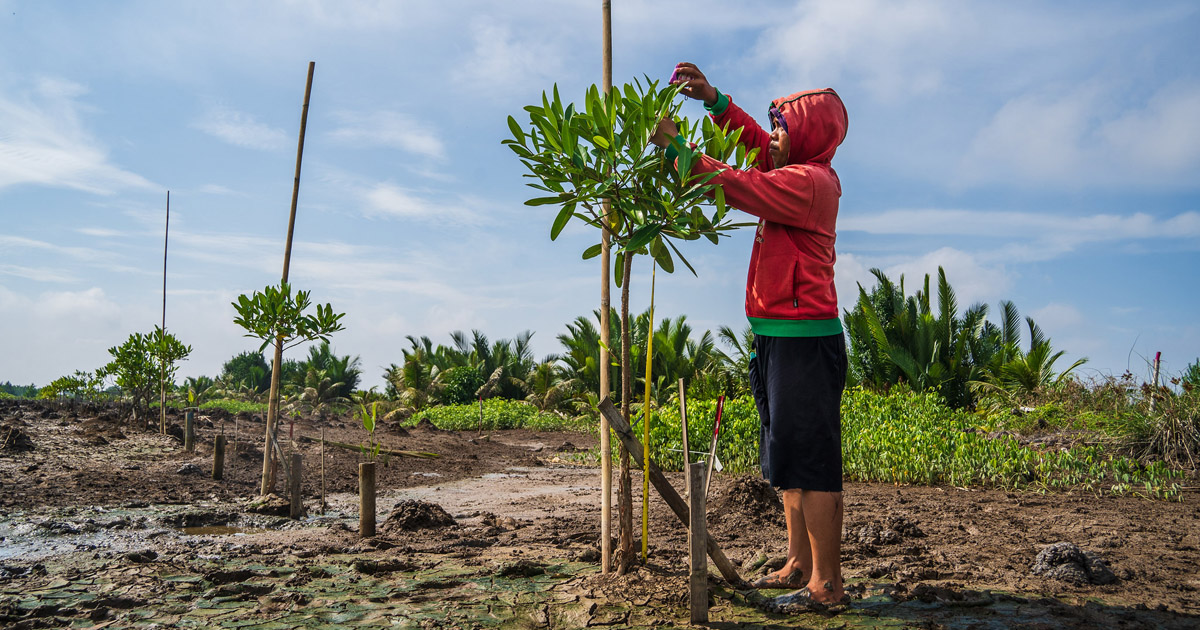Research and policy on property rights, collective action and watershed management requires good understanding of ecological and socio-political processes at different social-spatial scales. On-farm soil erosion is a plot or farm-level problem that can be mitigated through more secure property rights for individual farmers, while the sedimentation of streams and deterioration of water quality are larger-scale problems that may require more effective collective action and/or more secure property rights at the village or catchment scale. Differences in social-political contexts across nations and regions also shape property rights and collective action institutions. For example, circumstances in the Lake Victoria basin in East Africa require particular attention to collective action and property rights problems in specific “hot spot” areas where insecure tenure leads to overuse or under-investment. Circumstances in the uplands of Southeast Asia require analysis of the opportunities for negotiating more secure rights for farmers in exchange for stronger collective action by farmer groups for maintaining essential watershed functions.
DOI:
https://doi.org/10.1016/S1366-7017(02)00011-9
Altmetric score:
Dimensions Citation Count:
00011-9&apiKey=3948bb216041dbffcb29a618defafc29&httpAccept=image%2Fjpeg)























